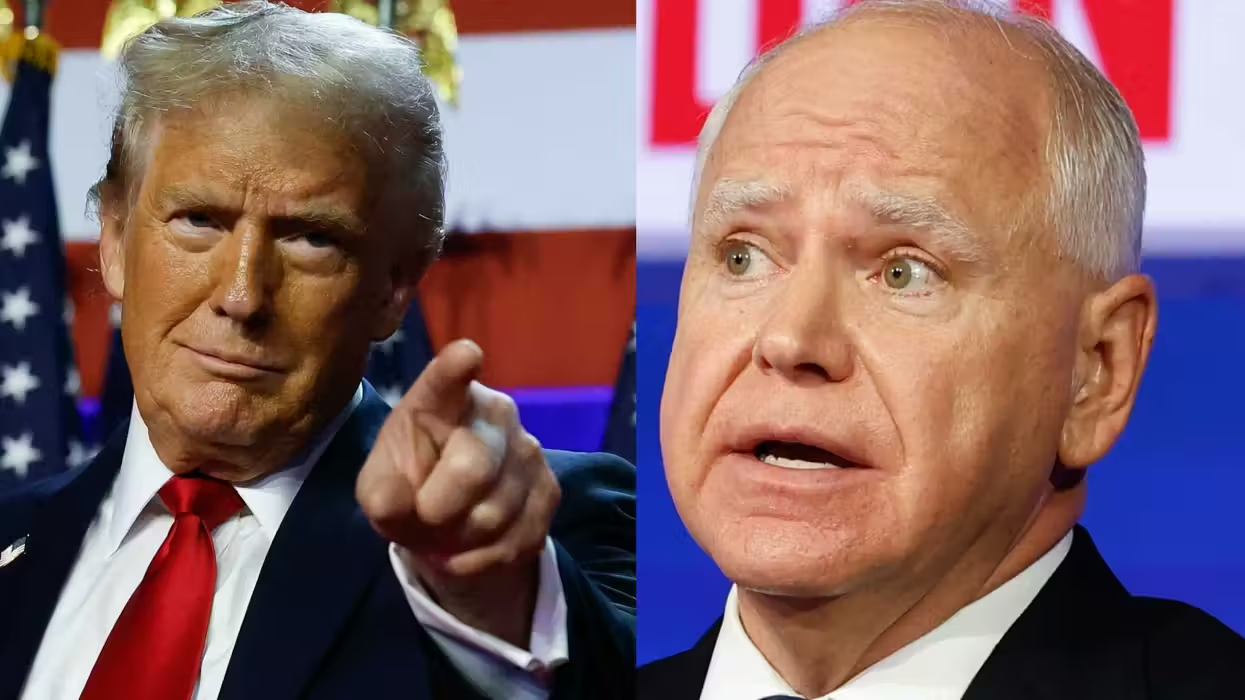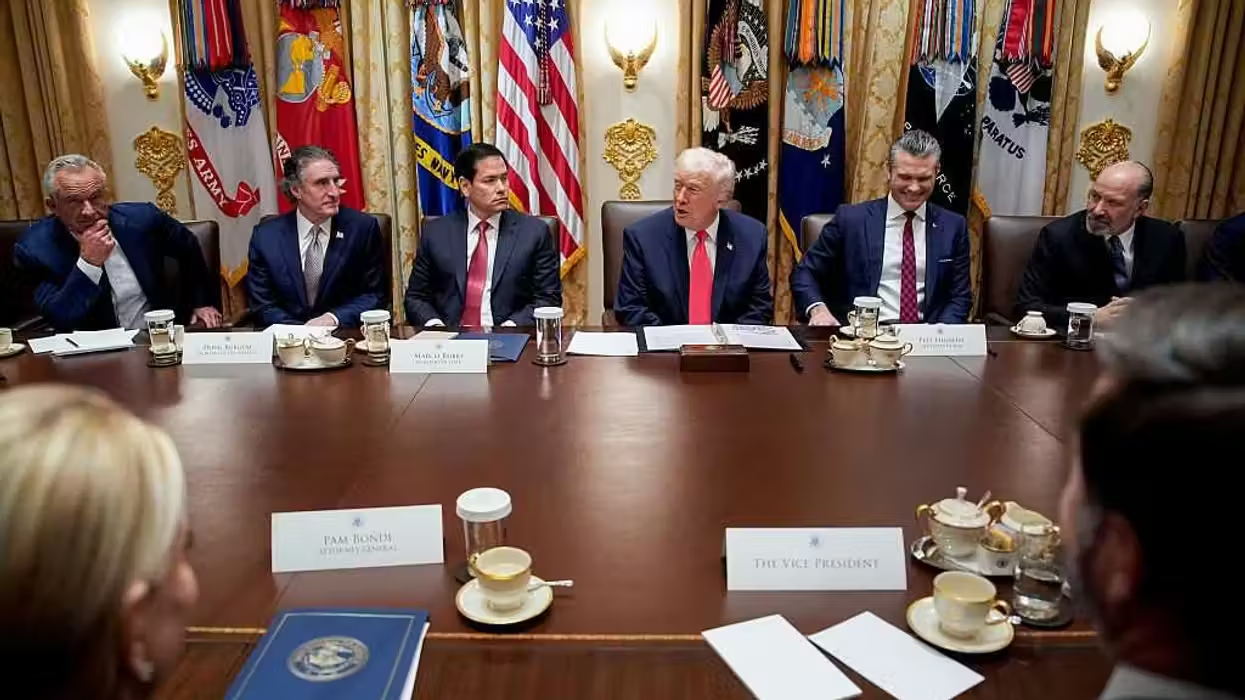For all of the ideas President Barack Obama will likely mention in the course of this election year on ways to reduce income inequality, don’t expect for him to mention the one that has actually been proven empirically to work: jobs.
This sweeping pronouncement is hard to refute after reading the latest Index of Economic Freedom, now in its 20th year demonstrably showing how countries with higher levels of economic freedom substantially outperform others in economic growth, per capita incomes, health care, education, protection of the environment, and the reduction of poverty.
In simplest terms, economic freedom is the fundamental right of every human to control his or her own labor and property. This idea is not new of course.
 (AP Photo/The Elkhart Truth, Jon Garcia)
(AP Photo/The Elkhart Truth, Jon Garcia)
Economist Adam Smith first advanced this idea in his landmark work, The Wealth of Nations , setting the course for modern day capitalism and commerce. And while it may pain modern progressives, modern capitalism has done more to reduce poverty than any government initiative.
, setting the course for modern day capitalism and commerce. And while it may pain modern progressives, modern capitalism has done more to reduce poverty than any government initiative.
Or as President Ronald Reagan aptly summed it up: The best social program is a job.
Unfortunately for us, the 2014 Index of Economic Freedom reveals a terrible indictment for the United States - The Land of the Free - because according to the authors, the U.S. is on a precipitous decline. In fact, the United States has the unfortunate distinction of declining in the Index seven years in a row, placing us in a category of now “mostly free” countries, along the likes of Saint Lucia, Lithuania and Georgia.
[sharequote align="center"]The U.S. has the unfortunate distinction of being categorized as a “mostly free” country.[/sharequote]
The reasons for the drop are many, but it’s hard to ignore the federal government’s runaway spending and complete disregard for an ever growing federal debt, now easily topping $17 trillion. While it would be unfair to peg the entire federal spending binge on President Obama, it’s fair to say that his administration has shown little urgency in restraining government spending.
Exhibits abound, but perhaps the biggest is the failed trillion dollar experiment on government-run health care, it’s little surprise that the authors of the Index of Economic Freedom likely looked at this unmitigated splurge unfavorably when measuring the United States Index of Economic Freedom.
Beyond fiscal discipline, countries are measured by the ease of opening a business and the impartiality of the judicial system to levels of taxation. Again, on virtually all of these metrics, we are moving away from the very conditions that have created the most prosperous and free economy the world has ever known.
Need proof? Well, according to a report by the Association of Foreign Investors in Real Estate, London has overtaken New York to become the world’s leading global destination for overseas property investment for the first time in five years.
 Credit: Dan Kitwood/Getty Images
Credit: Dan Kitwood/Getty Images
Real estate isn’t the only industry feeling the brunt of an increasingly hostile economy where starting, opening and keeping a business afloat is costly and burdensome thanks to the flurry of taxes and regulations courtesy of Dodd-Frank and Obamacare. As my colleagues at The Heritage Foundation uncovered recently, in 2012 alone, new annual regulatory costs reported by agencies totaled $23.5 billion.
The Index of Economic Freedom, as it has been doing for the past 20 years, is a remarkable body of work because it shows that virtually any country has the capacity and ability to create the economic conditions to lift people out of poverty while raising the quality of life of its citizens by expanding economic freedom. Countries like Chile and South Korea that only a couple of generations ago were mired in poverty are now international economic powers enjoying the fruits of economic freedom.
It’s too bad that in our own country, the political class seems to be a lot more interested in engaging in class warfare and stoking the flames of populism rather than pursuing the economic policies that have been proven to actually reduce income inequality.
–
TheBlaze contributor channel supports an open discourse on a range of views. The opinions expressed in this channel are solely those of each individual author.

 (AP Photo/The Elkhart Truth, Jon Garcia)
(AP Photo/The Elkhart Truth, Jon Garcia)






